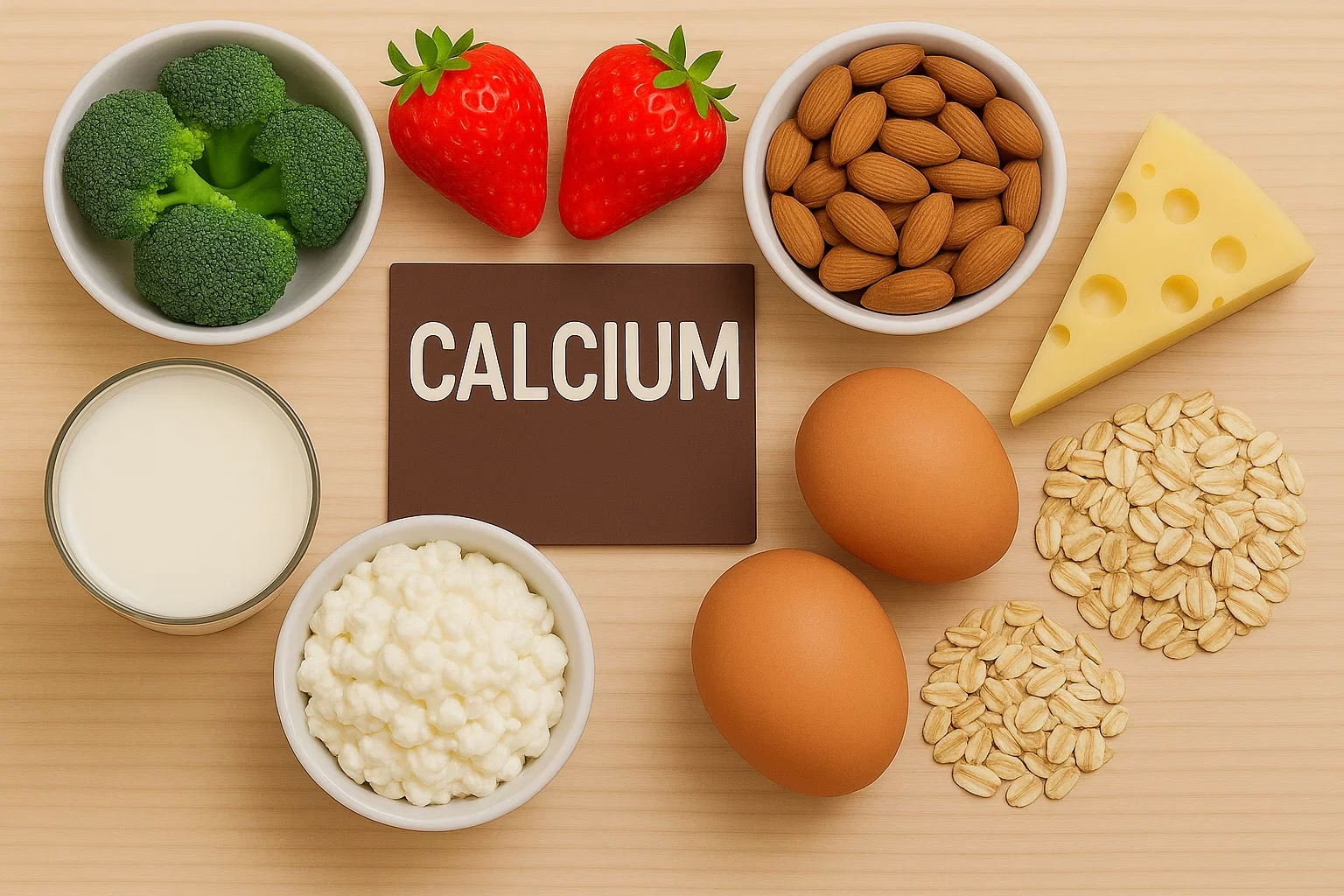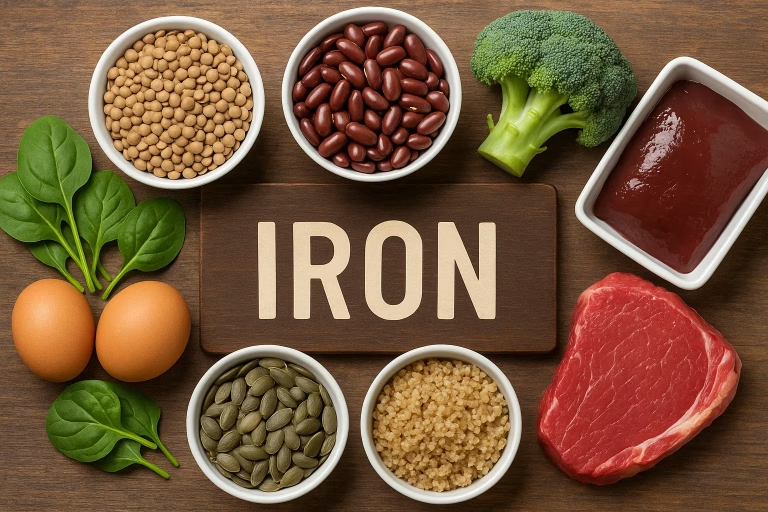Calcium Review: Benefits, Dosage, and Best Supplements for Adults 40+
Calcium is one of the most essential minerals in the human body, playing a critical role in bone health, muscle function, nerve signaling, and more. As we age, calcium absorption tends to decrease, putting adults over 40 at a greater risk of deficiency. This in-depth review explores why calcium matters, how much you need, and the best sources and supplements to maintain optimal levels.
Why Calcium Is Crucial After 40
Calcium is best known for strengthening bones and teeth, but it also contributes to muscle contractions, blood clotting, and regulating the heartbeat. After age 40, bone density begins to decline, especially in women during perimenopause and menopause. That makes maintaining sufficient calcium intake more important than ever.
Top Benefits of Calcium for Adults Over 40
1. Bone Strength and Osteoporosis Prevention
Calcium is vital for preserving bone mass. Low levels increase the risk of fractures and osteoporosis, especially in postmenopausal women. Ensuring proper calcium intake can help delay or prevent the onset of bone-related conditions.
2. Heart and Blood Pressure Support
Calcium contributes to cardiovascular health by helping blood vessels relax and contract properly. Some research suggests calcium may play a role in lowering blood pressure and preventing hypertension.
3. Muscle Function and Nerve Transmission
Every muscle contraction relies on calcium. The mineral also plays a role in transmitting signals through nerves. Insufficient calcium can lead to cramps, spasms, and even abnormal heart rhythms.
4. May Help With Weight Management
Some studies suggest calcium can support weight loss or maintenance by impacting how fat is stored and broken down in the body. While the effect is modest, it’s worth considering as part of a well-rounded supplement strategy.
Recommended Daily Intake of Calcium
According to health guidelines, adults between 40–50 should aim for:
- 1,000 mg of calcium per day for men and women
- 1,200 mg per day for women over 50 and men over 70
It’s best to get calcium through a combination of food and supplements, as very high intakes from supplements alone may have risks.
Best Food Sources of Calcium
Dietary calcium is absorbed more efficiently than synthetic sources. Top natural sources include:
- Dairy products (milk, yogurt, cheese)
- Leafy greens (kale, bok choy, spinach – though spinach has oxalates that reduce absorption)
- Fortified cereals and plant-based milks
- Tofu made with calcium sulfate
- Sardines and salmon with bones
Signs of Calcium Deficiency
If you’re over 40 and not getting enough calcium, you might notice:
- Bone pain or fragility
- Frequent muscle cramps or spasms
- Fatigue and irritability
- Brittle nails
- Tooth decay or gum problems
Choosing a Calcium Supplement
1. Types of Calcium
- Calcium carbonate: Requires stomach acid to be absorbed, so best taken with meals.
- Calcium citrate: Absorbs well even on an empty stomach; better for those with digestion issues or older adults.
2. Dosage and Absorption Tips
- Don’t exceed 500–600 mg per dose; larger amounts are poorly absorbed.
- Take with vitamin D, which enhances absorption.
- Split doses throughout the day if you need more than 600 mg.
3. Add-Ons to Look For
Some calcium supplements include:
- Vitamin D3
- Magnesium (helps balance calcium)
- Vitamin K2 (aids in calcium utilization)
Who Should Consider Calcium Supplements?
- Women over 50, especially during or after menopause
- People with lactose intolerance or dairy allergies
- Vegans and vegetarians
- Those at risk of osteoporosis
- Adults with low vitamin D levels
Potential Side Effects and Risks
Calcium supplements are safe for most people when used as directed. Still, high doses may cause:
- Constipation or bloating
- Kidney stones (especially from excess calcium carbonate)
- Calcium buildup in arteries (if taken without vitamin K2)
Best Time to Take Calcium
- Calcium carbonate: With food
- Calcium citrate: With or without food
Split into morning and evening doses for best absorption.
Top Features of a Good Calcium Supplement
- Contains calcium citrate for better absorption
- Includes vitamin D3 and K2
- Free from unnecessary additives
- Non-GMO, gluten-free, third-party tested
Conclusion: Is Calcium Worth Supplementing After 40?
Absolutely. With natural calcium absorption declining with age, adults over 40 — especially women — should prioritize their intake through food and, when necessary, supplements. A well-balanced calcium routine can support strong bones, a healthy heart, better muscle function, and more vitality into your later decades.
Bottom Line: Whether you’re strengthening bones, preventing osteoporosis, or maintaining energy, calcium deserves a place in your supplement plan. Choose wisely and make sure to get informed with us at Vitamins 40 Plus!







